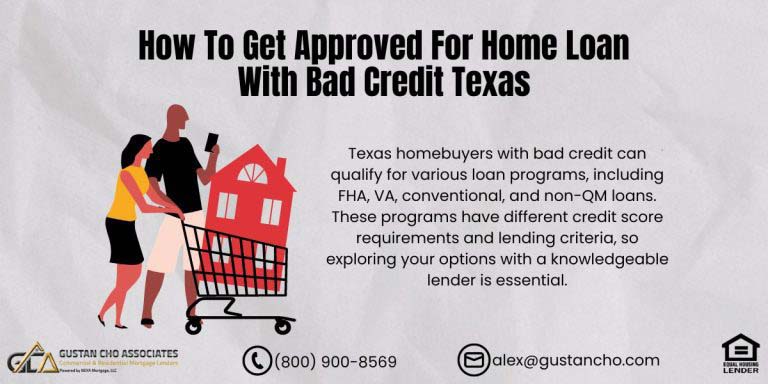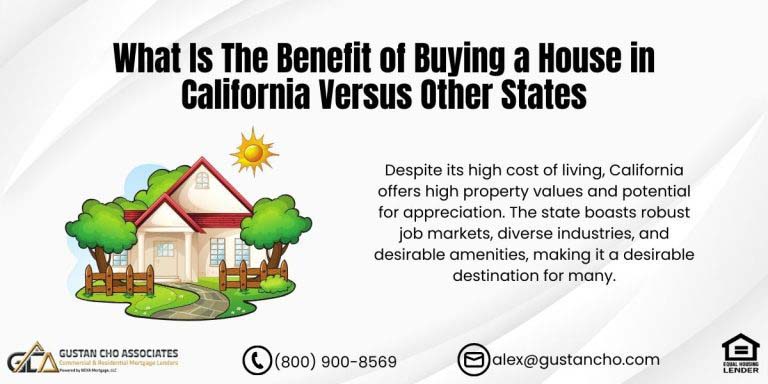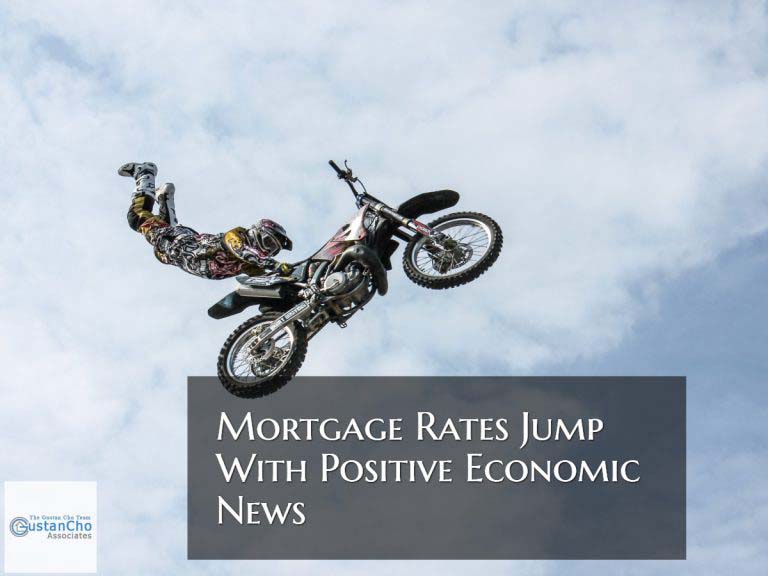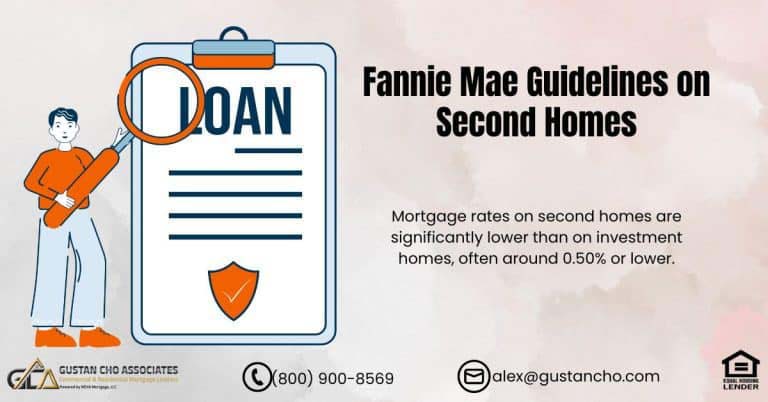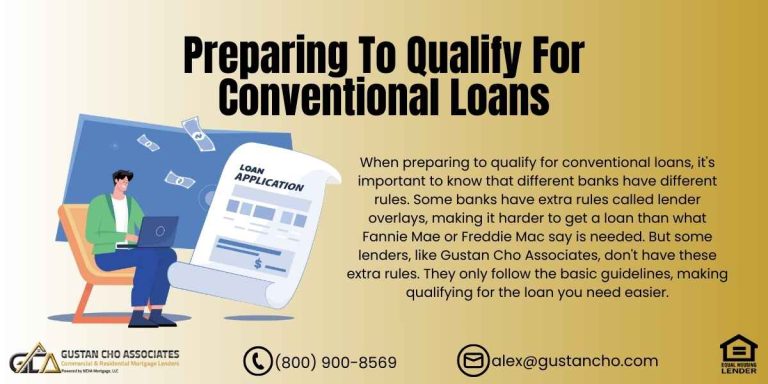This guide covers FHA versus conforming mortgage rates. There are several types of mortgage loan programs: two types of home loan programs:
- Government loans: FHA, VA, and USDA loans.
- Conventional loans.
- Traditional and non-traditional jumbo loans.
- Non-QM loans.
There are three types of government loans:
- FHA home loans
- VA loans
- USDA loans
Conventional loans are often called conforming loans. FHA and conventional loans are the two most popular mortgage loan programs. The reason being so is conventional loans need to conform to Fannie Mae or Freddie Mac agency guidelines. Conforming loans are not government loans. They are private home loan programs. FHA versus conforming mortgage rates is dependent on the borrower’s credit scores. Conventional loans are more credit sensitive than government loans.
FHA versus Conforming Mortgage Rates Explained
There is a misconception out there that credit scores have no impact on mortgage rates on FHA loans because it is insured by the government. This is not correct. FHA mortgage rates still depend on many factors, especially credit scores. There was a recent blog published by a so-called mortgage expert that stated that borrowers will get the same mortgage rate at 580 versus 850 credit scores.
Broader economic trends matter, too. Inflation is 2.3%, and the Federal Reserve’s moves influence both loan types. Looking ahead, rates are expected to gradually drop to somewhere between 6.2% and 6.7% by the end of the year.
This is not true. In general, rates are lower on FHA versus conforming mortgage rates. However, any borrower with lower credit scores will get a major pricing hit on rates. Pricing adjustment hits is also referred to as LLPA (Loan Level Pricing Adjustments) Conventional loans have much more LLPAs when it comes to rate pricing.
FHA vs. Conforming Rates — See the Difference
Compare today’s FHA and conforming mortgage rates to find your lowest payment.
FHA versus Conforming Mortgage Rates in 2025
If you’re buying a home or refinancing in 2025, you’ll want to know how FHA and conforming mortgage rates stack up. FHA loans, protected by the Federal Housing Administration, are great for first-timers and buyers with lower credit since they are easier to qualify. Dale Elenteny, a senior mortgage loan originator at Gustan Cho Associates says the following about FHA versus conforming mortgage rates:
Conforming loans stick to the rules set by Fannie Mae and Freddie Mac, making them a better fit for borrowers with solid credit and steady incomes who want the best rates.
Rates for each type of loan can change based on the economy, how the borrower looks on paper, and what lenders decide. In August 2025, 30-year FHA rates are averaging about 6.4% to 6.7%, while conforming loans are coming in between 6.5% and 6.9%. Because these rates affect your monthly payment, the total interest you’ll pay, and how affordable the loan will be, comparing them is a smart move when choosing the right mortgage.
What is an FHA Loan?
An FHA loan is a mortgage backed by the federal government through the Federal Housing Administration. It is designed to help more people become homeowners. These loans are given by lenders that the FHA checks and approves, and they have easier rules. You can make a smaller down payment and have a lower credit score than standard mortgages require. As of 2025, they are still a go-to choice for first-time buyers and others with tight budgets. Bill Burg, an associate contributing editor at GCA Forums says the following about FHA versus conforming mortgage rates:
If your score is 500, you can put down 10%. If your score is 580 or higher, the down payment drops to 3.5%. Borrowers must live in the house as their main home, and the property must pass the FHA’s health and safety checks.
FHA loans have mortgage insurance, a fee to protect the lender. You pay 1.75% of the loan amount upfront, and then 0.15% to 0.75% of the loan amount each year. These yearly fees can last for the life of the loan unless you refinance. The insurance helps lenders say yes to more people, but it does mean higher costs in the long run.
What Is a Conforming Loan?
A conforming loan is a regular mortgage that meets rules set by Fannie Mae and Freddie Mac. Because it meets these standards, these two agencies can buy the loan. The loan amount can’t exceed the Federal Housing Finance Agency (FHFA) limits. For 2025, the basic limit is $806,500 for most places, and it can be as high as $1,209,750 in expensive markets. Marga Jurilla, the executive assistant for Gustan Cho Associates says the following about FHA versus conforming mortgage rates:
To get a conforming loan, you need a credit score of at least 620 and a debt-to-income ratio usually under 45%. A down payment can be as low as 3% for those who qualify.
Conforming loans can be used for primary homes, vacation homes, or rental properties, but don’t come with government insurance. If the down payment is under 20%, private mortgage insurance (PMI) is required, but you can drop it once you have 20% equity. Conforming loans usually come with competitive interest rates for borrowers with good credit. The focus is more on your financial health than on making the loan available to as many people as possible.
Key Differences Between FHA and Conforming Loans
FHA and conforming loans differ mainly in who can get them, what they cost, and how much room they give borrowers. FHA loans are designed to get more people approved. They let you qualify with a credit score as low as 500 and ask for a down payment of just 3.5%. However, they usually require mortgage insurance for the whole loan life, which can make them pricier over time.
Conforming loans, on the other hand, need a credit score of at least 620 and a debt-to-income ratio below 45%. They let borrowers drop the private mortgage insurance (PMI) once they reach 20% equity, which can save money in the long run.
FHA loans can only be used for your main home, requiring detailed property appraisals to ensure the house meets set standards. Conforming loans can be used for vacation homes or rental properties with fewer inspection rules. The lending limits are also different: FHA has a top cap of $524,225 in lower-cost areas, while conforming loans start at $806,500. These differences can steer you toward one loan type or the other, especially for refinancing.
FHA versus Conforming Mortgage Rates
In August 2025, FHA loan rates run between 6.4% and 6.7% for 30-year fixed loans. Conforming loans in the same fixed term sit around 6.5% to 6.9%. The FHA rates are usually lower because the government backstop cuts the risk for lenders. Still, the total cost picture can change. FHA loans come with a mortgage insurance premium of 0.55% annually, which can eat up any lower rate savings. Conversely, conforming loans, on the other hand, don’t charge PMI if you have 20% equity.
FHA’s Streamline program is great for quickly lowering rates without much paperwork, while conforming refinances work best for people who have built equity and want to get rid of mortgage insurance completely.
For new purchases, FHA’s lower rates help buyers with less-than-perfect credit, while conforming loans shine in the long run for those who qualify and avoid PMI. When refinancing, the FHA streamline lets you close quickly and at lower rates without needing an appraisal, making it a good pick for simple rate-and-term changes. Conforming refinances work best for those with plenty of home equity who can drop PMI, and their rates are affected more by credit scores than by the loan type.
Pros and Cons of Buying a Home
When considering a home loan, FHA loans are great for accessibility but have higher insurance costs over time. The pros are a low score requirement (500 for some lenders), just 3.5% down, and debt-to-income ratios that can reach 50%, which helps first-time and low-income buyers.
The downsides are that the mortgage insurance premium lasts for the life of the loan (0.55% a year for most loans), stricter appraisals can delay closings, and the basic price ceiling of $524,225 may not be enough in higher-cost neighborhoods.
On the other hand, conventional loans let borrowers cancel private mortgage insurance once they hit 20% equity and offer more property choices, including two-to-four-unit rentals. They also have a higher loan limit of $806,500, which works for borrowers securing larger mortgages. However, they ask for a higher starting credit score (usually 620) and a debt-to-income ratio below 45%, which can leave some buyers behind. In short, FHA loans are a smart pick for those on a budget who want to buy now, while conventional loans work best for buyers who want to build equity over the long haul.
Pros and Cons of Refinancing
Refinancing through FHA programs lets you cut rates without needing an appraisal or income check, which is a big plus when rates drop to around 6.4% and you want fast savings. But watch out for the mortgage insurance premium (MIP), which sticks around for the loan’s life. If you plan to drop MI, you’ll need to switch to a conventional loan. Dale Elenteny says the following about traditional refinancing:
Traditional refinancing can drop private mortgage insurance (PMI) when you pass 20% equity and lets you cash out up to 80% loan-to-value (LTV), which works well for folks with lots of equity.
The trade-off is full underwriting, rates over 6.5% if your credit is weak, and tighter debt-to-income (DTI) limits. FHA stays simple when the market is jumping, while conventional loans help when you need cash or to get rid of insurance.
Find the Best Rate for Your Next Home
We break down FHA versus conforming rates so you can make the smartest move.
Which is Better for You?
Decide between FHA and conventional loans based on your numbers. If your credit is below 620, your down payment is stuck at 3.5%, or your DTI is over 45%, FHA often works best to let you buy or refinance easily. If your credit is 740 or higher, you have 20% equity, and your goal is the long haul, conventional loans cut costs by avoiding high, never-ending insurance.
Run the full cost: FHA can be cheaper up front, but MIP adds up over time; conventional loans have steady, lower ongoing fees. Talk to lenders for price quotes made for you, taking 2025 rates and limits into account, so you can align the right plan for your next buy or refinance move.
FAQs on FHA versus Conforming Mortgage Rates
What’s The Difference in Credit Score Requirements for FHA versus Conforming Loans?
FHA loans can go down to a 500 score with 10% down or 580 with 3.5% down. Conforming loans need a 620 or higher score, with the best rates starting at 740.
How Do Down Payments Stack Up Between FHA and Conforming Loans?
FHA starts at 3.5%, while conforming can go to 3% for qualified buyers. Conforming loans skip mortgage insurance when the down payment hits 20%. However, FHA keeps the mortgage insurance premium (MIP) regardless of the down payment.
What Do Mortgage Insurance Costs Look Like for FHA and Conforming Loans?
FHA hits you with a 1.75% upfront fee and a 0.55% annual MIP, which can stick around for the life of the loan. Conforming loans have private mortgage insurance (PMI) only if you put down less than 20%, and you can drop it when you reach 78% loan-to-value.
Which Loan Type is Better for First-Time Homebuyers?
FHA is great for buyers with lower credit scores who can’t save much for a down payment. Conforming is better for folks with solid credit who want to lower costs over time.
What’s the Loan Limit for FHA and Conforming Loans in 2025?
FHA limits go from $524,225 in low-cost areas to $1,209,750 in high-cost zones. Conforming loans start at a baseline of $806,500 and can also top out at $1,209,750 in high-cost areas.
Can You Get FHA or Conforming Loans for Investment Properties?
FHA loans can only be used for your main home. Conforming loans can be used for your main home, a second home, or investment properties, but terms may change for each type.
What Are The Current Average Rates for FHA versus Conforming Loans?
As of August 2025, FHA loans average between 6.4% and 6.7%. Conforming loans are in the range of 6.5% to 6.9%. Exact rates depend on your credit score and the current market.
How Do Property Appraisal Standards Differ Between FHA and Conforming Loans?
FHA appraisals examine the home’s safety and livability, ensuring every sign of trouble is fixed. Conforming loans care mostly about whether the value is right and make fewer demands on the property’s condition.
Is Refinancing Easier With FHA or Conforming Loans?
FHA streamline refinances can skip the appraisal and income checks, making the process quick. Conforming loans need a full underwriting, but you can drop the PMI once you hit 20% equity.
Which Loan Type Has More Flexible Debt-to-Income Ratio Requirements?
FHA loans can accept DTIs above 50% if you have other strong financial signs. Conforming loans usually set a 45% cap and look for borrowers with stronger credit and assets.
FHA Versus Conforming Mortgage Rates and Pricing Adjustments
There are pricing adjustments on all loan programs. Every loan program has its own pricing adjustments. Prior bankruptcies and/or housing events do not have an effect on mortgage rates. Credit scores and the type of properties do. Lower credit scores mean higher mortgage rates. Loan-Level Price Adjustments are different for the various loan programs. It is up to the lender to create its pricing adjustment matrix.
FHA versus Conventional Loans on LLPA
Loan-level pricing adjustment is different on FHA versus conventional loans. There are no pricing adjustments on FHA loans since they are guaranteed by the government. There are LLPAs on conventional loans since conforming loans are not insured and/or partially guaranteed by the government. FHA loans require a one time upfront 1.75% FHA mortgage insurance premium. FHA also requires a 0.55% annual mortgage insurance premium for the life of a 30 year fixed-rate FHA loan. John Strange, a senior mortgage loan originator at Gustan Cho Associates says the following about FHA versus conventional loans.
Conventional loans require private mortgage insurance (PMI) for the loan-to-value higher than 80%. The higher the loan to value, the higher the pricing adjustments which means higher mortgage rates.
Private mortgage insurance on conventional loans can be canceled if the homeowner has at least an 80% loan to value. If the loan to value falls down to 78% LTV, the lender needs to automatically cancel the private mortgage insurance. Homeowners with at least an 80% LTV can request the lender to cancel their private mortgage insurance.
Common and Typical Loan Level Pricing Adjustments
Some common pricing adjustments charged by mortgage companies are the following:
- Loan-to-value LLPAs.
- Credit scores.
- Debt-to-income ratios.
- Manual versus automated underwriting system.
- Loan purpose and the type of loans.
- Cash-out versus rate and term refinance mortgage.
- Type of occupancy (Owner-occupant, second home, investment property).
- Type of property such as a condo, single-family, townhome, or multi-family units.
- The number of units such as a single-family, two-unit, three-unit, or four-unit.
- County and state the property is located.
Not all LLPAs are the same at all lenders. One lender may not have an LLPA where another lender does. Some lenders may have loan-level pricing adjustments on Chapter 13 since these types of loans are manual underwriting files.
Save Thousands Over the Life of Your Loan
Choosing the right rate between FHA and conforming could mean big savings.





